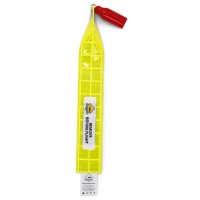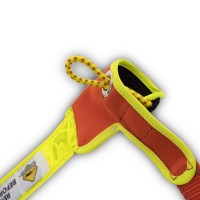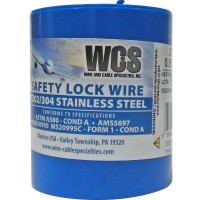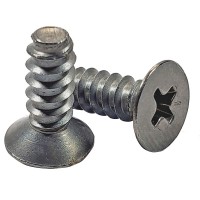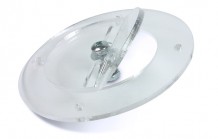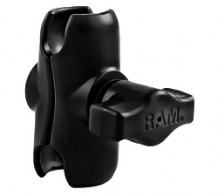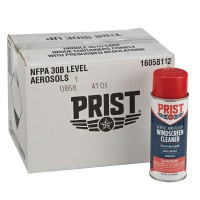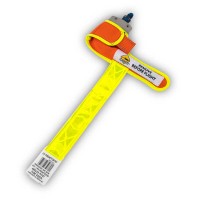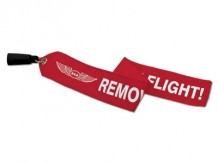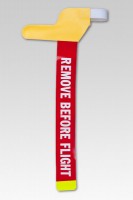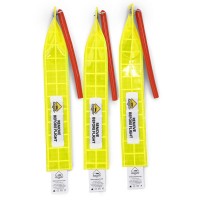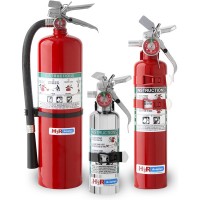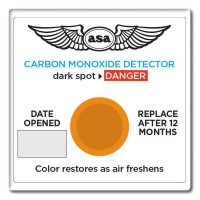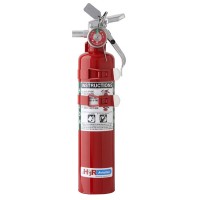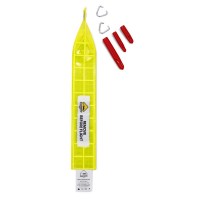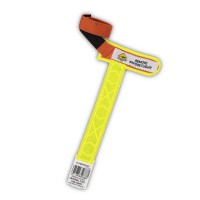Pitot Tube Plug 5/8 Inch By Plane Sights
MFR Model# PS58PTP0508
- JUMP TO
- Overview
- Reviews
- Q&A
- View in Catalog
Overview
|
Forgetting to remove a faded, dull and worn-out pitot tube cover can jeopardize the safety of you and your passengers. The Plane Sights 5/8” inside diameter vented pitot plug with its unmistakably conspicuous Remove-before-Flight Streamer provides the perfect easy-on, easy-off solution, while protecting against insect and water contamination. The blazing lime green colour of this foot-long, ANSI-compliant and weather-resistant reflective streamer stands out equally well in daylight or darkness under all weather conditions, so it can’t be missed. The plug is attached to the streamer’s rugged black oxide coated zinc grommet with a galvanized steel ring, and is vented to prevent pressurization damage to the pitot static system. This 5/8” Plug Fits Aero Commander, Twin Beach, Bonanza, Cessna 300/400/500, Conquest Series, Grumman, Lear, Mooney, Piper Cheyenne and Navajo aircraft. Weight: 0.04 kg |
WARNING: Cancer and Reproductive Harm - www.P65Warnings.ca.gov. |
Reviews
Works great on my Cirrus SR22T
Plane Sights Pit Tub Plug 5/8
Fits well and flags are highly visible.
Plane Sights Pit Tub Plug 5/8
Excellent, long lasting plugs.
Plane Sights Pit Tub Plug 5/8
Fits my Grumman Tiger Pitot perfectly. Came with a short cover and long. Used the long. The streamer itself it surprisingly well made, heavy duty stitching and bright yellow. Seems to be covered or dipped in a clear plastic. You get what you pay for. I expect it to hold up well. The one it replaced had a strip of red nylon cloth that started falling apart after 2 years, it was cheap.
Q&A
Please note, Aircraft Spruce's personnel are not certified aircraft mechanics and can only provide general support and ideas, which should not be relied upon or implemented in lieu of consulting an A&P or other qualified technician. Aircraft Spruce assumes no responsibility or liability for any issue or problem which may arise from any repair, modification or other work done from this knowledge base. Any product eligibility information provided here is based on general application guides and we recommend always referring to your specific aircraft parts manual, the parts manufacturer or consulting with a qualified mechanic.


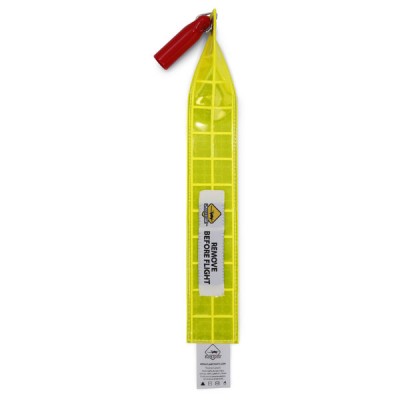
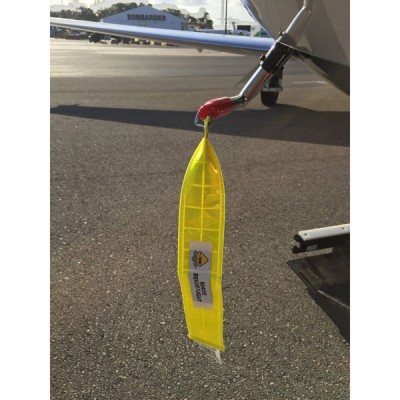







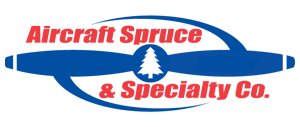 FREE Shipping
FREE Shipping
